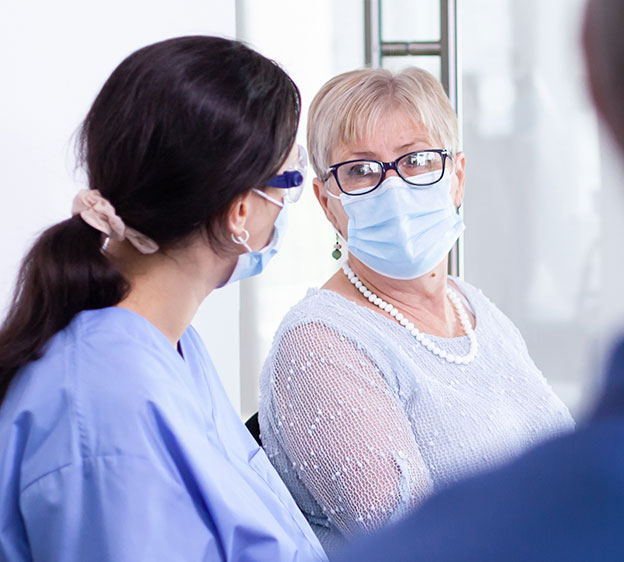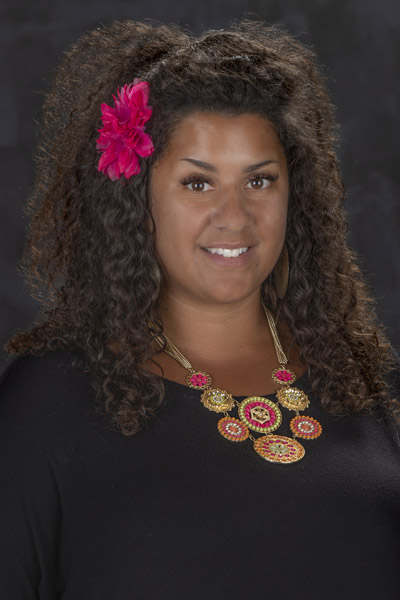
It’s safe to say that nobody takes a cancer diagnosis in stride. While patients may expect the physical aspects of treatment and recovery, cancer also gives rise to a debilitating swirl of emotions that can catch them by surprise and send them tumbling like a rogue wave in a calm sea.
The trick is learning to ride the wave—and to use the help that’s on offer to make it to shore intact.
What helps most? A supportive network of family and friends, of course. Spiritual groundedness. Good medical care delivered by a compassionate, multidisciplinary team of experts.
Read More: The Role of a Cancer Nurse Navigator
And there’s something else you might want to consider: a cancer support group. Study after study—in the U.S. and in countries around the world—has shown the benefits of participating in such a group both to newly diagnosed patients and to those whose treatment is behind them. No matter how close or caring, it’s hard (and maybe impossible) for family and friends to understand cancer’s unique and profound effects on body and sense of self. In a cancer support group, your fellow travelers understand precisely.
What a Cancer Support Group Can Do for You
In the safe confines of the support group, you’re free to share your experiences and, most important, your feelings. The sadness, the sense of isolation, the living with uncertainty, the fear of recurrence, all are common if not universal among people who have or have had cancer. Just knowing that can make you feel better—and talking things over in a confidential setting that fosters closeness and trust can, over time, diminish negative feelings and replace them with hopefulness, improvement in quality of life and an I-can-get-through-this mindset.
Read More: Becoming a Cancer Survivor
Some empirical evidence even suggests that participation in a cancer support group positively affects survival, though as yet no proof of this exists.
“My goal is to give people a village,” says Kianna Brown, a broadly experienced licensed oncology social worker who facilitates two cancer support groups at Beaufort Memorial Keyserling Cancer Center.
People with a new cancer diagnosis often think their world is crumbling, Brown says. Meeting people who have been through the journey and understand their fear, stress and vulnerability can be wonderfully therapeutic, she adds.
A support group offers other advantages, too. Participants can exchange community and online resources they found helpful as well as strategies for dealing with treatment side effects, such as pain or loss of appetite, and and other changes that can occur in cancer’s wake, such as fatigue and an impaired body image. Coming from cancer survivors, these tips and recommendations carry real weight, says Brown.
Read More: Caring for Yourself After Cancer
Plus—and not to be underestimated—support group participants can help one another put cancer in its place with a little black humor and some good laughs.
Choosing a Support Group
Before signing up for a cancer support group, examine your options.
- Some support groups are designed for people with a specific type of cancer—breast cancer, for example. Others are open to those with any kind of cancer.
- Some groups are led by peers. Others are led by a professional—often a licensed social worker or psychologist—trained in facilitating group discussion.
- Some groups focus exclusively on group discussion. Others are educational in nature, providing presentations by clinicians on cancer-related topics. Still others offer a combination of discussion and education.
- Some groups meet in person, others online.
It should be noted that not everyone is comfortable discussing feelings in a group, and you may decide that individual counseling would work better for you.
If you opt for and have chosen a support group, attend at least two meetings before deciding if the fit is right. Keep in mind that you don’t have to speak during group discussion; you can benefit a great deal from sitting quietly and listening to others.
Either way, you’ll likely discover the healing value that healing together can bring.
Join others facing cancer at a Beaufort Memorial cancer support group. Both our monthly support groups are facilitated by a licensed oncology social worker, one for patients with breast cancer and the other for those with any type of cancer. Get meeting details and register or call Kianna Brown at 843-522-7328.

